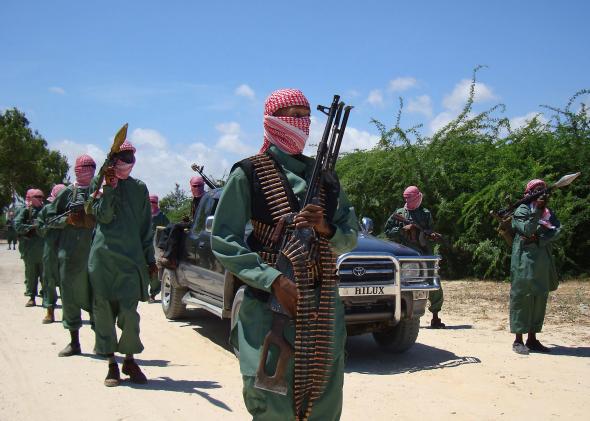Terrorism analyst J.M. Berger notices that Twitter appears to have altered some of its policies in ways that could impact its use by militant groups:
[T]he current rules defend Twitter’s practice of allowing a wide range of extremist content, but they appear to include some slight flexibility that allows the service to more aggressively police content, if it chooses to do so. While these changes look minor and subject to interpretation, Twitter’s actual practice regarding the suspension of accounts has changed dramatically in the jihadist ecosystem, particularly as it regards Al Shabab.
The Somali jihadist group’s best-known account, the English-language @HSM_Press, was suspended in the wake of the Westgate mall attack in September, along with a number of copycat accounts. Berger notes that the suspension of a number of other accounts linked to the group got less attention in the United States because they were not in English.
Twitter was once on the free-speech absolutist end of the major U.S.-based social networks, but appears—like YouTube before it—to now be a bit more wary about content posted by extremists advocating violence. In 2012, for instance, it complied with a German government request to block a neo-Nazi group’s feed.
In the case of smaller, less publicized accounts linked to groups like al-Shabaab, there’s some argument to be made that their value as open-source intelligence to authorities outweighs their value as propaganda or recruitment tools, but after Westgate, the calculation clearly shifted.
